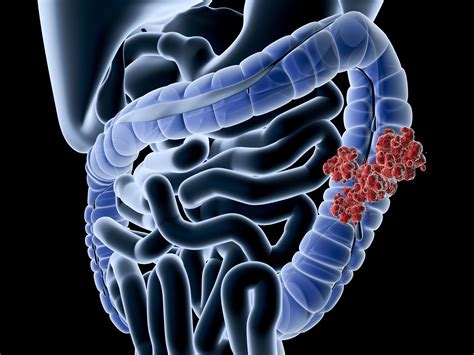Colorectal Cancer Guide: Symptoms, Diagnosis, Treatments
Colorectal Cancer FAQ
What causes colorectal cancer?
It predominantly affects older individuals, with the majority of cases occurring in people aged 50 and above. Several lifestyle factors contribute to the development of colorectal cancer such as a high intake of processed meats and low intake of fruits and vegetables, sedentary lifestyle, obesity, smoking, and excessive alcohol consumption.
How common is colorectal cancer?
Colorectal cancer is the third most common cancer worldwide, accounting for approximately 10% of all cancer cases and is the second leading cause of cancer-related deaths worldwide. It predominantly affects older individuals, with the majority of cases occurring in people aged 50 and above.
What are the symptoms of colorectal cancer?
Common symptoms include diarrhoea, constipation, blood in the stool, abdominal pain, unexplained weight loss, fatigue, and low iron levels. Many people will not have symptoms in the early stages of the disease. The risk of colorectal cancer can be reduced by eating a healthy diet, staying physically active, not smoking tobacco and limiting alcohol.
Where does colorectal cancer start?
Colorectal cancer starts in the colon or the rectum. These cancers can also be called colon cancer or rectal cancer, depending on where they start. Colon cancer and rectal cancer are often grouped together because they have many features in common.
How do you understand colorectal cancer?
To understand colorectal cancer, it helps to know about the normal structure and function of the colon and rectum. The colon and rectum make up the large intestine (or large bowel), which is part of the digestive system, also called the gastrointestinal (GI) system (see illustration below).
What is colon cancer?
Colon cancer is a growth of cells that begins in a part of the large intestine called the colon. The colon is the first and longest part of the large intestine. The large intestine is the last part of the digestive system. The digestive system breaks down food for the body to use.
What is colon cancer & rectal cancer?
These cancers can also be called colon cancer or rectal cancer, depending on where they start. Colon cancer and rectal cancer are often grouped together because they have many features in common. To understand colorectal cancer, it helps to know about the normal structure and function of the colon and rectum.
Colorectal Cancer References
If you want to know more about Colorectal Cancer, consider exploring links below:
What Is Colorectal Cancer
- https://www.who.int/news-room/fact-sheets/detail/colorectal-cancer
- https://www.cdc.gov/cancer/colorectal/basic_info/what-is-colorectal-cancer.htm
- https://www.cancer.org/cancer/types/colon-rectal-cancer/about/what-is-colorectal-cancer.html
Colorectal Cancer Information
Explore Related Topics
Enhancing Diabetic Retinopathy Treatment with Nanotechnology: A Brighter Future?
Can nanotechnology innovations revolutionize the treatment of diabetic retinopathy?
